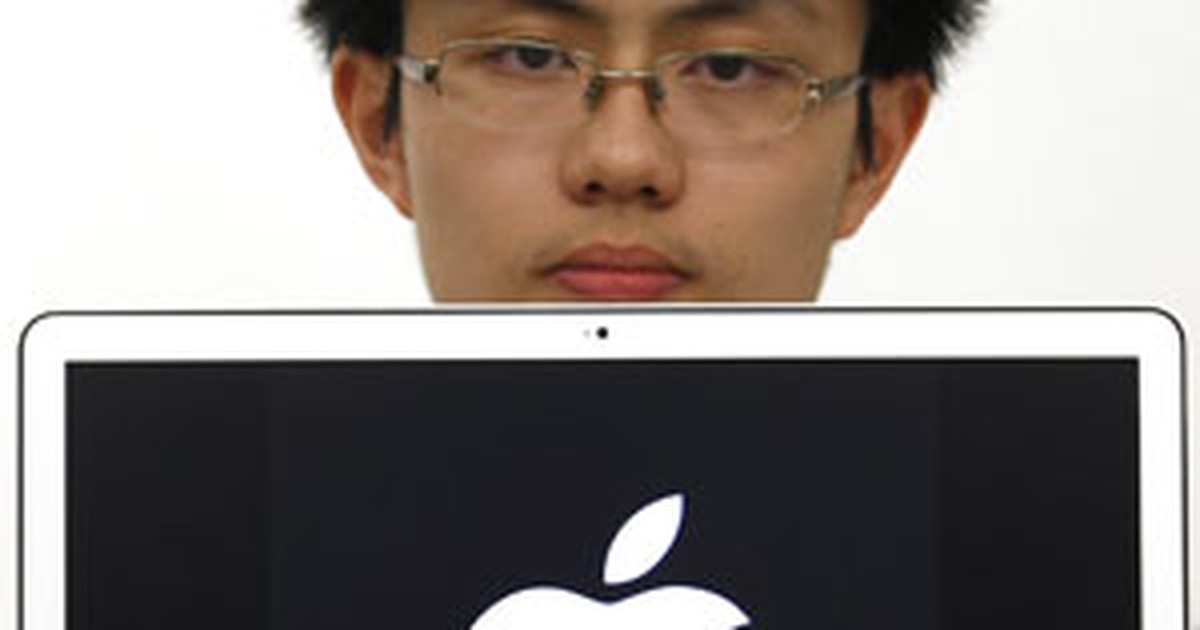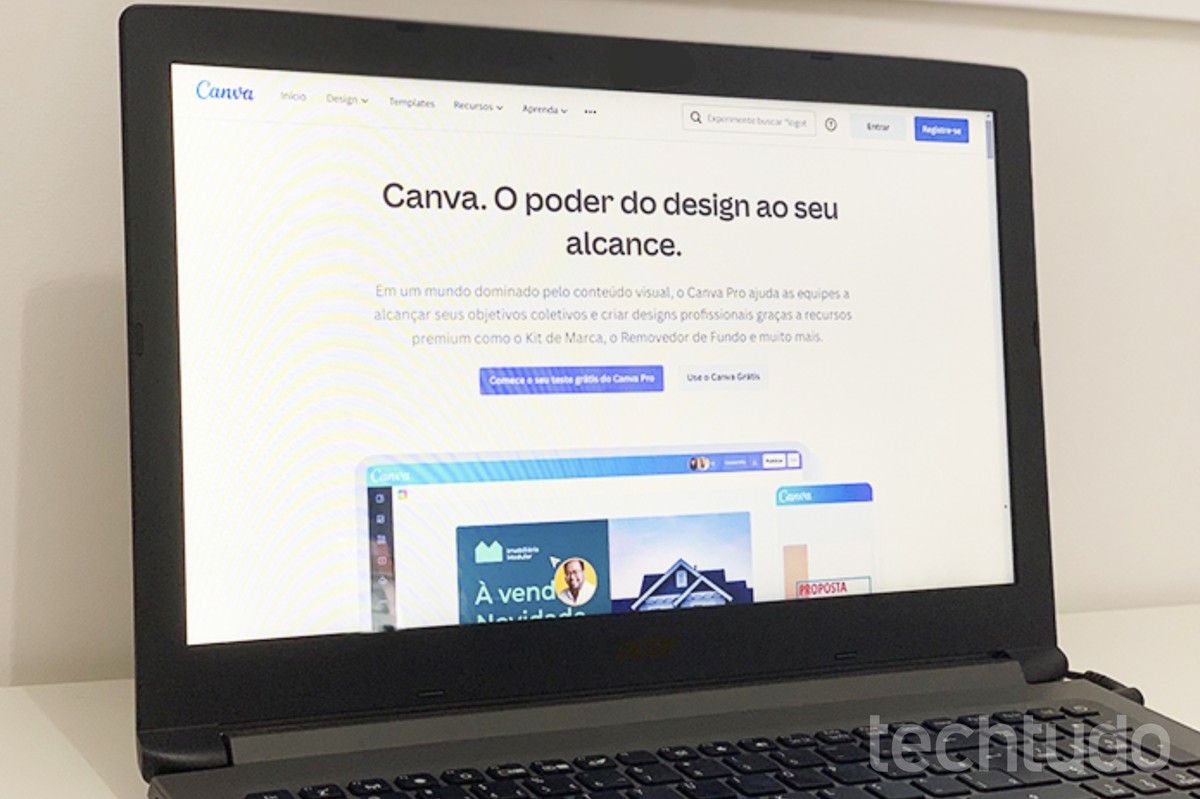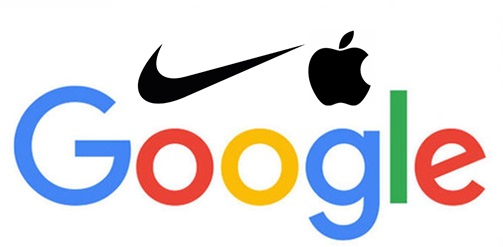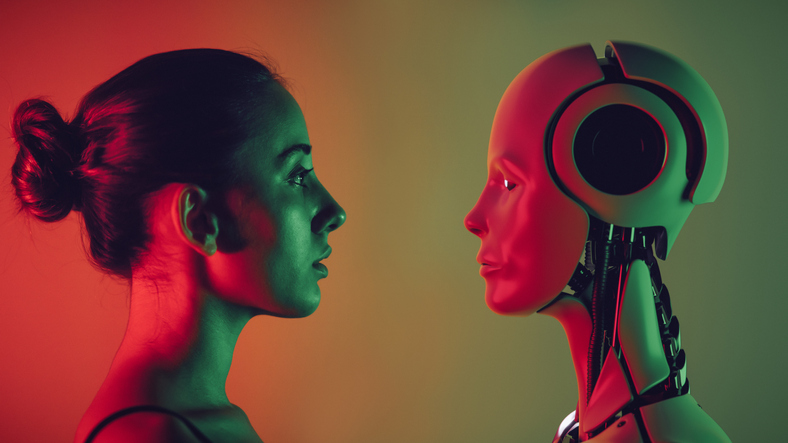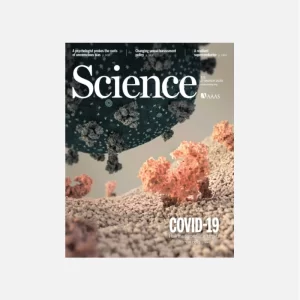Even Artificial Intelligence Optimists Are Concerned About the Risks … – Columbia University
This article is the second in a series about the risks and rewards of generative AI, incorporating perspectives from
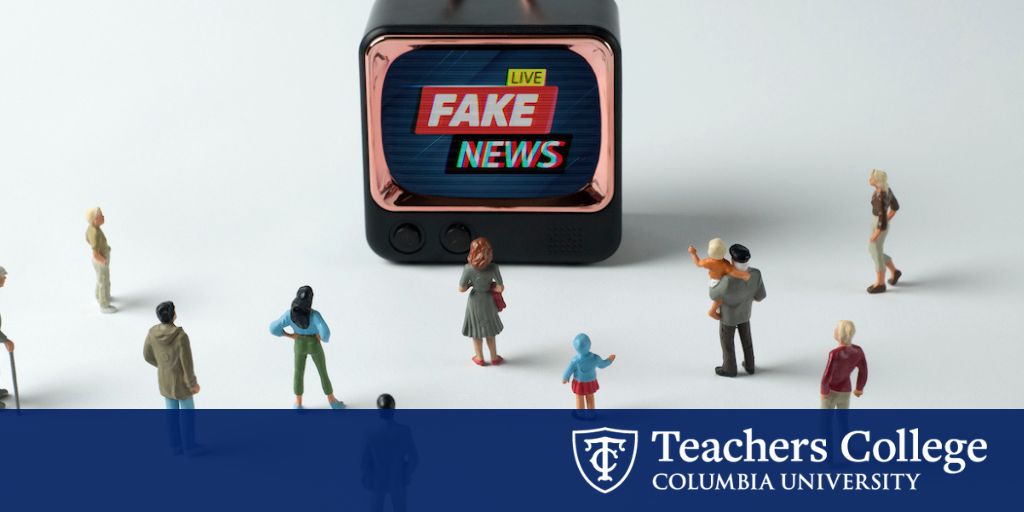
This article is the second in a series about the risks and rewards of generative AI, incorporating perspectives from faculty affiliated with the Digital Futures Institute (DFI) and Edmund W. Gordon Institute for Urban and Minority Education. We’re continuing the conversation with Ioana Literat, Associate Professor of Communication, Media and Learning Technologies Design.
(Photo: TC Archives)
TC’s Ioana Literat has complicated feelings around artificial intelligence (AI). More than anything, she is an optimist who sees the positives that generative AI can bring to society — even in just pushing educators to think deeply about their goals and what skills they want to cultivate in their students. However, as a leading scholar exploring the growth and evolution of political expression on social media platforms like TikTok, Literat has some mounting concerns as the 2024 U.S. presidential election looms closer, particularly with the way that visual misinformation produced with AI can upset societies and influence political choices.
[For more of Literat’s perspective on generative AI and media literacy, consider her working paper written for DFI.]
Here’s what Literat had to say…
Since the emergence of ChatGPT in late 2022, educators have been contemplating the role that generative AI should or shouldn’t play in the classroom. Literat feels that openness is the best path forward not only because of AI’s permanence, but also because it can push instructors to evaluate their approach, as she did with her own courses.
Generative AI Is Here to Stay. We Have to Learn From It.
Navigating the Risks and Rewards of ChatGPT
More Expertise from Digital Futures Institute
Visual misinformation, which consists mainly of AI-generated images and deepfakes (videos that use deep learning AI tools to manipulate a person’s likeness to appear as our sound like someone else), is particularly tricky to combat because of the belief that visual media is more trustworthy than something written.
Learn from Teachers College students and faculty about how “artificial intelligence” tools have intersected with their teaching and research in the classroom and beyond in this video series from the Digital Futures Institute.
Considering the feverish coverage about the risks AI poses for creative industries and the looming deluge of misinformation, it’s critical to establish robust and flexible policies around the technology.
Even Sam Altman, the CEO of OpenAI which is the parent company of ChatGPT, has urged U.S. lawmakers to regulate AI technologies. But that’s far easier said than done especially when considering the lack of regulations for social media in general.
— Sherri Gardner
Tags: Digital Learning Digital Learning Digital Media / Media Literacy
Programs: Communication, Media, and Learning Technologies Design
Departments: Mathematics, Science & Technology
Published Thursday, Oct 12, 2023
Teachers College Newsroom
Address: Institutional Advancement 193-197 Grace Dodge Hall
Box: 306 Phone: (212) 678-3231 Email: views@tc.columbia.edu
Teachers College, Columbia University
525 West 120th Street
New York, NY 10027
Tel: +1 (212) 678-3000
© 2023, Teachers College, Columbia University, New York, NY 10027.
